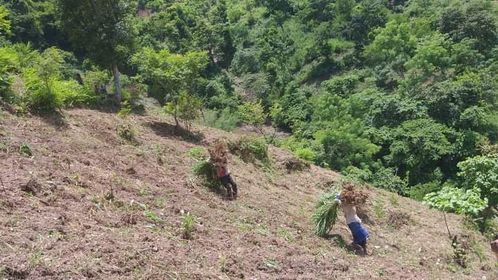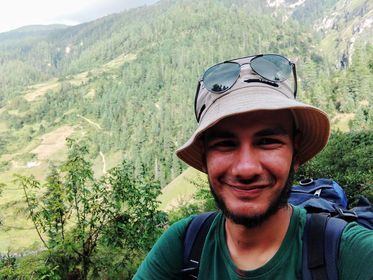Bio-engineering enterprise
Creating a social enterprise for marginalized tribal communities who are living in disaster prone areas that will holistically address the issues of living in disaster and poverty

The lowland hilly ranges in Nepal are geologically young and tectonically active, posing a huge issue in mitigating geo-disaster such as landslides, soil erosion and environmental degradation. The area is also home to many tribal communities who along with living at risk of environmental hazards experience range of livelihood challenges shaped by long-historic socio-economic and political marginalization, poverty, under-utilization of natural resources.
To demonstrate the fact that the magnificent prospect in management of calamitous event, environmental changes along with climatic as well as geographical based plantation should be an important battle, may not be a sole reason for disaster management in all context, it’s a major interacting factor functioning together for poverty alleviation for this community.
In order to mitigate natural disasters such as flash floods and landslides which are frequent over the hilly terrains, this solution aims to plant Broom Grass (Thysanolaena maxima) and Bamboo on degraded lands and landslide prone areas, to save the households of at risk communities while also addressing their economic issue by training them on social enterprise and finding the market for the produced goods from, those planted cash crop, once the plant yields.
It is a proven fact that plantation of broom grass and bamboo are able to mitigate landslide by over 90 percent and also has a huge financial potential as their byproducts such as brooms, bio fuel, papers and handicraft are in huge demand in national and international market. Connecting the farmers to this market will bring income to the community, pulling them out of poverty in the long run.
Meet the solution owner
